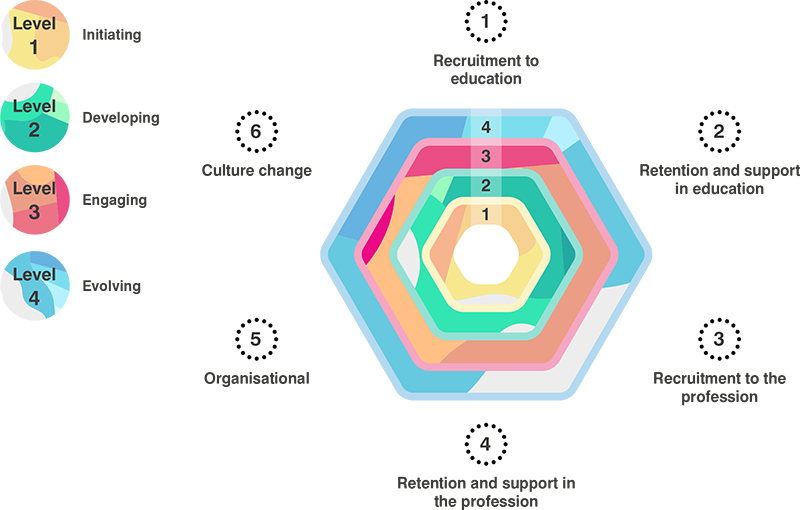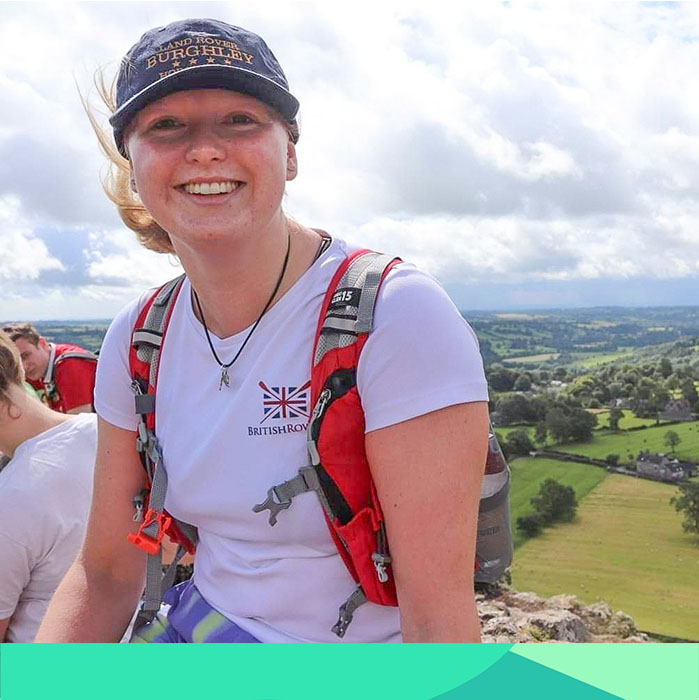-
-
- Council Members
- Role of Council Members
- Council meetings
- Council elections
- Previous election results
- Dr Louise Allum
- Dr Sam Bescoby
- Dr Andrew Clemence
- Dr Tshidi Gardiner
- Dr Reginald Godwin
- Paddy Gordon
- Dr Danielle Greenberg
- Dr Gerard Henry
- Dr Richard Hillman
- Dr Benjamin Kennedy
- Dr Tom Lonsdale
- Dr Darren Partridge
- Martin Peaty
- Alison Price
- Dr Peter Robinson
- Dr Jennifer Simmons
- Dr Sadie Spencer
- Dr Mary Thomas
- William Wilkinson
- Dr Lara Wilson
- Past-Presidents
-
-
-
-
-
- About extra-mural studies (EMS)
- EMS requirements
- Information for vet students
- Information for EMS providers
- Information for vet schools
- Temporary EMS requirements
- Practice by students - regulations
- Health and safety on EMS placements
- EMS contacts and further guidance
- Extra-mural studies fit for the future
-
-
- Code of Professional Conduct for Veterinary Surgeons
- Code of Professional Conduct for Veterinary Nurses
- Contact the Advice Team
- XL Bully dog ban
- 'Under care' - guidance
- Advice on Schedule 3
- Controlled Drugs Guidance – A to Z
- Dealing with Difficult Situations webinar recordings
- FAQs – Common medicines pitfalls
- FAQs – Routine veterinary practice and clinical veterinary research
- FAQs – Advertising of practice names
- GDPR – RCVS information and Q&As
Evaluation and progress
Each of our workstreams has specific goals and evaluation parameters within the operational plan, but it is also important to keep in mind a more strategic view of progress.
An excellent model has been proposed by the Royal Academy of Engineering (RAE) and Science Council (SC) which facilitates reflection on the developing maturity and impact of streams of work. The following model is adapted from that, with recognition of the huge amount of work that will have gone into the RAE/SC framework.
Progressing our case – a four-stage approach

Level 1. Initiating
Case for change is EMERGING, data and insights being gathered, action tends to be informal, isolated, bottom-up, one-offs
Level 2. Developing
CASE FOR CHANGE is clear, quantitative data gathered, responsibility and accountability being formalised, guidelines being developed, activity being launched, connections being made
Level 3. Engaging
Case for change is WELL ESTABLISHED, qualitative data being gathered and shared, sustained senior level support in place, skills and capabilities being built, activity catching on, high levels of engagement and collaboration, clear signs of change
Level 4. Evolving
Case for change constantly EVOLVING, complex qualitative data being routinely gathered and shared, high levels of dialogue, collaboration and learning, clear evidence of change in individual behaviour and organisational
Overview of progression across all streams
On a regular basis, we will reflect on where each of our six streams of activity sits in terms of the four-stage approach to progress, using the template below. This will help us to develop plans to move our activity to the next stages.

"With a profession as vast as veterinary, change and progression are the keys to success and sustainability within our community. Hence why the work of the RCVS Diversity and Inclusion Group is so essential, to ensure that access, support and the ability to succeed are open to everyone, across all aspects of our amazing profession."
Izzie Arthur
Association of Veterinary Students representative on DIG

Izzie Arthur
![]()